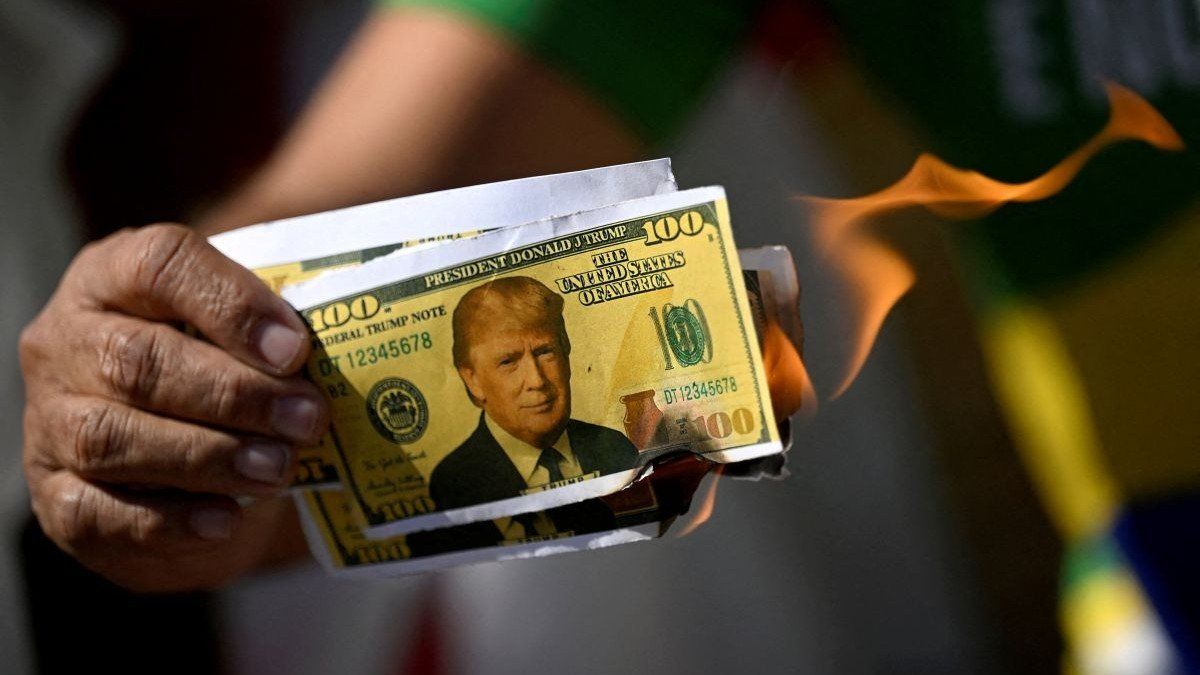US hits the world with fresh wave of tariffs
US President Donald Trumpslapped new tariffs on 92 countries, including key allies. Canada, the US’s number two trade partner, was hit with a 35% rate. Taiwan, a critical semiconductor supplier, also faces fresh levies that could ripple through global tech supply chains, and India now faces a 25% rate. For some countries, Trump’s latest threats are actually a reprieve, as he lowered previously threatened rates: tiny Lesotho, which Trump once said “nobody has ever heard of,” will now face a 15% duty, down from 50%. The new levies take effect on Aug. 9, but Mexico, the US’s largest trade partner, won a 90-day extension. Trump reached a deal with the EU earlier this week, and is still negotiating with China.
El Salvador’s Bukele can now stay in power forever
El Salvador’s legislature has voted to scrap presidential term limits, clearing the way for President Nayib Bukele to run for a third term, and potentially to stay in power indefinitely. Bukele – who once called himself the “world’s coolest dictator” – remains wildly popular after jailing thousands in a gang crackdown, but critics warn he’s dismantling a fragile democracy. Analysts say that the move may have spurred backlash from the US under previous administrations, but that Bukele is emboldened because of his close relationship with Trump.
Indonesia’s president pardons pair of political opponents
Indonesian President
Prabowo Subiantogranted clemency on Thursday to two opposition figures who were recently convicted of corruption. He framed the move as a bid to increase national unity ahead of the country’s 80th anniversary later this month, but critics say it undermines the justice system. Some observers have also
suggested it may signal a rift between Prabowo and his predecessor, two-term president
Joko Widodo, a one-time rival who backed Prabowo in last year’s election and remains hugely influential.
